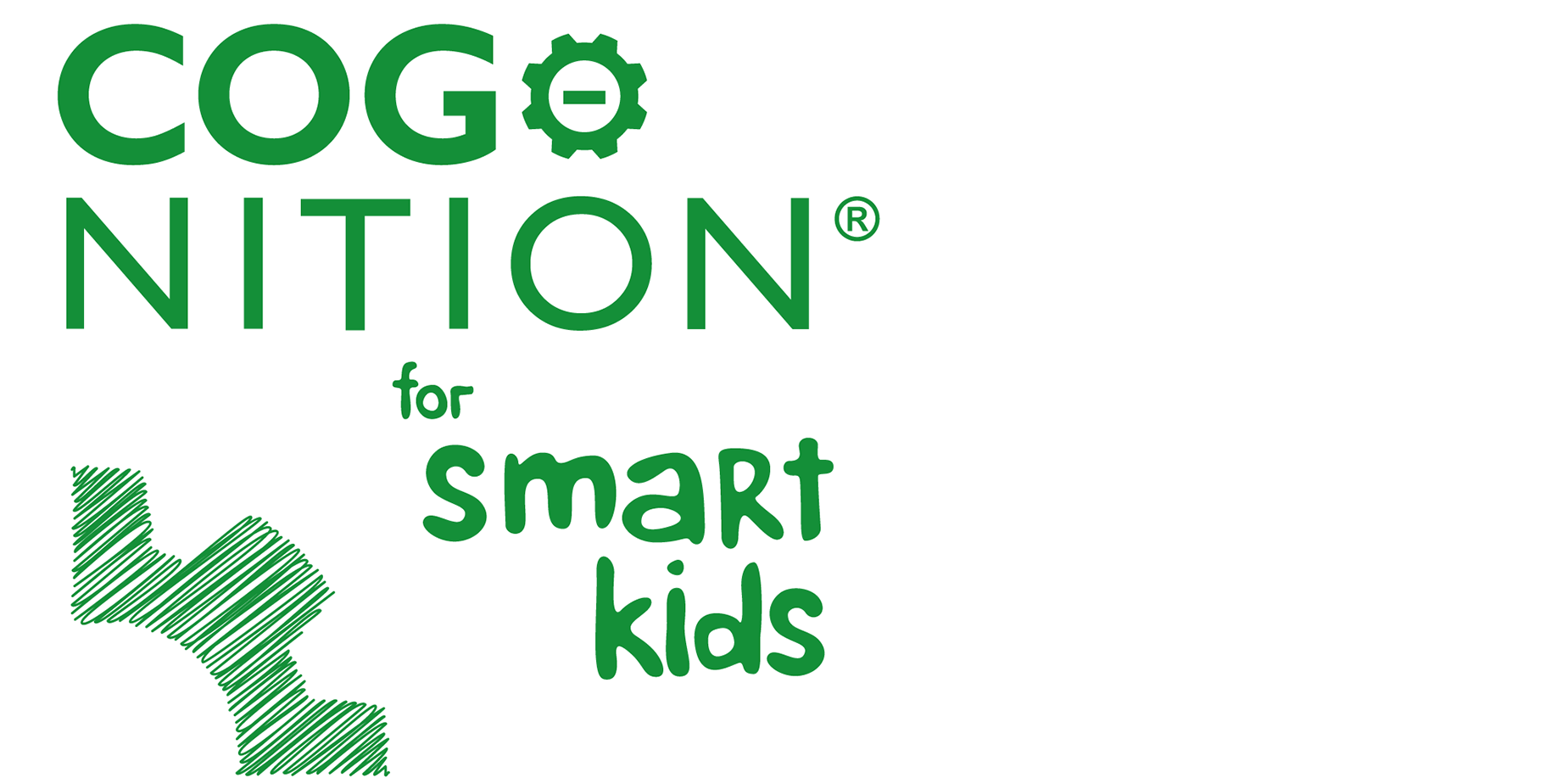Supplementing B Vitamins
So far, we’ve talked about some of the better-known B vitamins like B3 (niacin), B6, B12, and folate—all crucial for brain health. But did you know there are a few other important B vitamins your child also needs – vitamin B1 (thiamine), B2 (riboflavin) and vitamin B5 (pantothenic acid).
Together, these nutrients are known as the B vitamin family, and they often come grouped in a B complex supplement or as part of a good children’s multivitamin. Each one plays a special role in keeping your child’s brain, body, and energy systems working well.
Here’s a quick breakdown:
- B1 (Thiamine): Helps with impulse control and focus—great for children with attention or behavioural challenges.
- B2 (Riboflavin): Vital for methylation, as we have learnt about previously this month; methylation is a key process that turns homocysteine into one of the brain’s best antioxidants – glutathione. There’s also a gene polymorphism (called MTHFR677TT) which is extremely common in children with autism that makes getting enough B2, as well as B6, B12, folate and zinc, really important.
- B5 (Pantothenic Acid or pantothenate): Helps the adrenal glands manage stress. Stress, even in kids, can deplete this vitamin.
- Biotin: Is necessary for making energy from food, and found in protein rich foods as well as being synthesised in the gut. Most children get enough unless their diet is very limited.
Each of these vitamins have multiple roles in many enzymes in your child’s body and brain, along with B3 (niacin), B6, b12 and folate.
Why Whole Foods & Supplements Both Matter
✔ Whole foods—like fruits, vegetables, beans, nuts, seeds, and grains—are naturally rich in B vitamins. Generally, if it’s a food you can pick from a plant or dig from the ground, it probably contains B vitamins. However, vitamin B12 is only found in animal foods, so children following a vegetarian or vegan diet may need to supplement.
✔ Protein-rich foods like beans, lentils, nuts and seeds are also good sources of B6.
To make sure your child is getting enough B vitamins, it’s smart to:
- Focus on a diet full of whole, unprocessed foods
- The amount needed is not the same for each so this can be a little confusing. Good multivitamins for children should provide enough – You can find our recommended children’s multivitamins at foodforthebrain.org/supplements.
- They are also provided in B vitamin complex and in nutritional yeast.
- Marmite also provides vitamin B12 which is sometimes added into vegan foods
These are the ideal supplemental levels of B vitamins to check for in any supplements you give your child.
| The ideal daily supplemental levels of B vitamins | |||||||
| Age | Less than 1 | 1-2 | 3–4 | 5–6 | 7–8 | 9–11 | 12-13 |
| Nutrient & Unit | |||||||
| B1 (thiamine) (mg) | 5 | 6 | 8 | 12 | 16 | 20 | 24 |
| B2 (riboflavin) (mg) | 5 | 6 | 8 | 12 | 16 | 20 | 24 |
| B3 (niacin) (mg) | 7 | 12 | 16 | 18 | 20 | 22 | 24 |
| B5 (pantothenic acid) (mg) | 10 | 15 | 20 | 25 | 30 | 35 | 40 |
| B6 (pyridoxine) (mg) | 5 | 7 | 10 | 12 | 16 | 20 | 25 |
| B12 (mcg) | 5 | 6.5 | 8 | 9 | 10 | 10 | 10 |
| Folic acid (mcg) | 100 | 120 | 140 | 160 | 180 | 200 | 220 |
| Biotin (mcg) | 30 | 45 | 60 | 70 | 80 | 90 | 100 |
📌 Next email: Your child’s B vitamin domain – how have they progressed?
Further info
